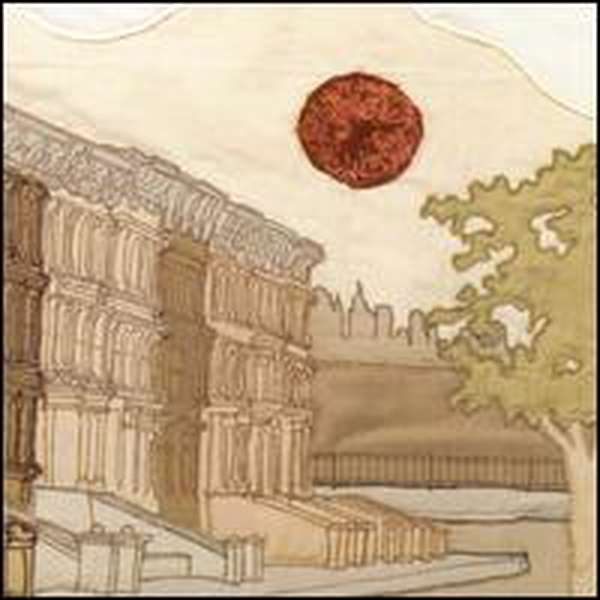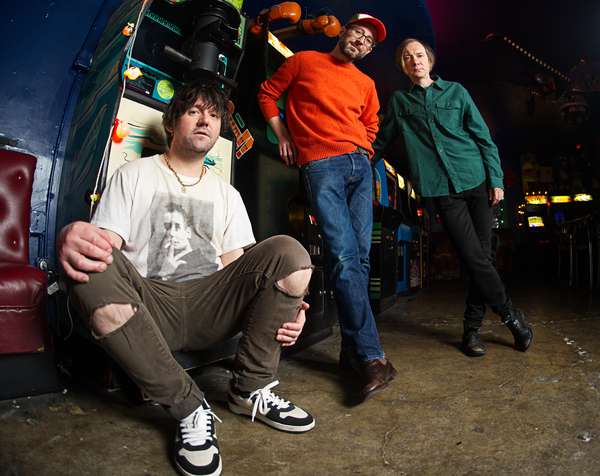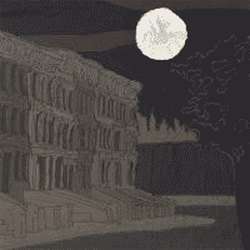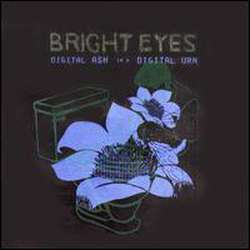The morning is generally associated with hope and rebirth. Leave it up to sad-eyed pessimist Conor Oberst to reverse this symbol in I'm Wide Awake, It's Morning . Now the morning reveals all the clandestine secrets that lurk in the dark, all the secrets forgotten from a drunken night of destruction bask and glimmer in the sunlight. It brings consequences and challenges; some mornings even appear to be apocalyptic. Somehow, Oberst manages to wake up and get out of bed to uncover the human condition through his dreary songwriting.
From the experimental and gritty lo-fi production of Letting Off the Happiness up to 2002's orchestral opus, Lifted, none of the Bright Eyes albums sound the same. This time around, Oberst has broken the habit of digressing so much that the listener is left wondering how he got from point A to point B; the songs are much more cohesive and connected. He, however, still can't extract himself from his songs and write as a mere bystander. Though it is a method of extending a personal hand to the listener, it leaves a question of whether or not he can consider other points of view, a limitation to both a songwriter and a person.
Since the success of Lifted, Oberst decided he need a change of scenery. He packed his bags and moved to the bustling streets of New York City. Instead of exploring an atmospheric sound common to the most prominent acts in the city, he digs his heels into alt-country and folk tunes. He asked country queen Emmylou Harris to lend some vocals in the songs, 'We are Nowhere and It's Now,' 'Another Travelin' Song,' and 'Land Locked Blues.' I'm Wide Awake's 'Land Locked Blues,' formerly titled 'One Foot in Front of the Other,' is a more colorful and fuller version than the one that appears on the Saddle Creek 50 with Harris's bucolic vocals and the addition of a bright trumpet.
In 'At the Bottom of Everything,' Oberst assumes his role as a narrator prefacing the actual song with a story. It appears as if he is telling a joke as he describes an awkward airplane ride, but the story takes a bizarre twist when tragedy falls upon the passengers. There is an engine failure and the passengers are being driven to their death. This launches into a catchy country-tinged song. The odd and even grotesque story follows Bright Eyes's tradition of having eccentric preludes to commence the album, and somehow it works. The upbeat melody hints at hope, but it truly just covers his despondent musings on culture and death. 'Road to Joy's' melody and lyrics do not match up as well. Although it sounds victorious and glorious, it may possibly the most severely blatant and critical song on the album.
No longer the novelty indie-pop poster boy, Oberst is turning into a serious singer-songwriter. He talks less of pining for a girl that never returns his affections and more of issues that plague the country. The beat-based Digital Ash in a Digital Urn was released at the same time to explore a different outlet, breaking any presumptions that he's some sad singer that just plays tragic. It will be interesting to see which direction he will take in the future.




